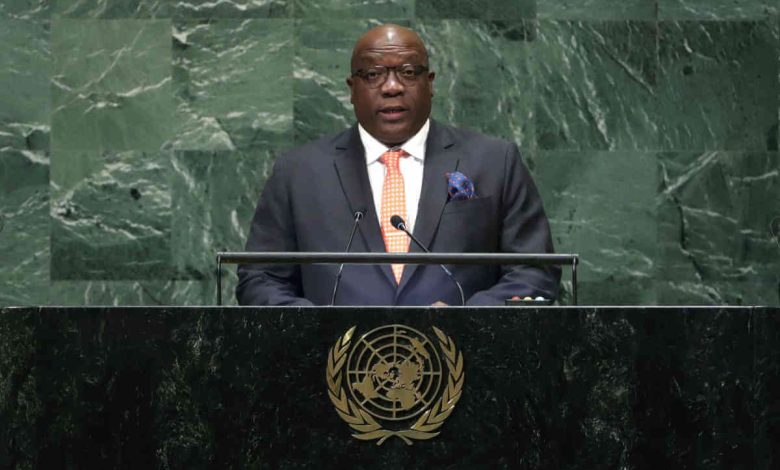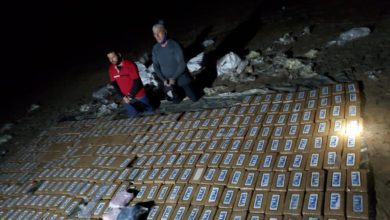St. Kitts-Nevis votes next month

After delaying naming a date for the past three months, Prime Minister Timothy Harris announced Friday, Aug. 5 as the date that citizens of the twin-island federation of St. Kitts-Nevis will vote in general elections for a new government.
Harris used a People’s Labor Party (PLP) rally on Sunday night to drop the date, giving his political competitors a mere three weeks to step up campaigning. To most, however, the date is no surprise as he was forced by constitutional mandate to name it by Aug. 8. Nomination day for parliamentary candidates is July, 26.
The prime minister’s Team Unity coalition government had splintered in May in the wake of a bitter internal row among cabinet ministers.
Back then the PM, 57, had said he was forced to fire six of his cabinet ministers, accusing them of abandoning their posts while they had asked the governor general to dismiss Harris because they had lost confidence in his stewardship.
Instead of waiting on the governor to act, Harris sent home the six, including deputy Shawn Richards and others, dissolving the parliament and warning the federation that he would call elections before the mid-August constitutional deadline. He had filled their spaces with replacement ministers to run the country until fresh polls. The dismissed ministers had complained about his alleged dictatorial style and his unwillingness to properly communicate with them.
At a rally in Basseterre, the capital on Sunday night, Harris named August 5th as the new election date, hoping that he and the new team of replacement cabinet ministers, as well as district representatives, would be returned to office without the political quarrels of the very recent past.
“It is time for us to move forward with this strong and united People’s Labour Party government. It is time for you to decide. We are not going back to victimisation. Only one party, one party big enough, broad enough to welcome all and one party can truly say there will be no victimisation. Only one party can ensure stability. So, Saint Kitts and Nevis, I say thank you for the opportunity to observe you over the last seven years as your best prime minister, your best leader,” Harris said to loud cheers.
Campaigning under a Team Unity banner that had involved his own Progressive Labor Party and two others, the grouping had won the majority of seats in the legislature in elections held in 2020 but that is all in the past now as each will be going its own way this time around.
The PM’s main rival would be the St. Kitts-Nevis Labor Party (SKLNP) of Leader Terrance Drew, former coalition partner the People’s Action Movement (PAM) of Shawn Richards, the Concerned Citizens Movement of Mark Brantley and the Nevis Reformation Party led by Janice Daniel-Hodge, the only woman leader in the race.
“In your name of all democracy lovers, I now declare that I have advised his excellency the governor-general earlier that he should prepare for us to go to general elections on Friday, Aug. 5, 2022,” Harris said to resounding applause.
The federation near Antigua and St. Maarten, makes much of its revenue from tourism but has gone through some tough times owing to the COVID-19 pandemic.
And now that the date has been named, campaigning will be stepped up even as it is unclear which coalition combination will have enough of the 15 seats to form the government, whether Harris will patch up differences with former partners or whether the partners will team up with the SKLNP to kick him out of office.
Since the mid May collapse of Team Unity, civil society organizations had grown angry with the PM for delaying naming a date saying they had feared abuse of power because of the absence of parliament.
“We have some concerns observed by our non-governmental organizations, which can diminish our people’s confidence in our electoral system, create social instability, cause widespread anxiety, negatively affect the local economic climate, and undermine the respect for true democracy and the rule of law in our federation. Executive, led by your cabinet of ministers, should refrain from implementing major policy decisions that are likely to commit an incoming government, churches and other civil groups had said in a statement.”




